Beans are a staple in Chinese cuisine, and cooking them Chinese style can result in a flavorful and satisfying dish. There are various ways to prepare beans in Chinese cooking, from stir-frying to braising to steaming. In this article, we will discuss how to cook beans Chinese style, including tips, techniques, and recipes to help you create delicious bean dishes at home.
Tips for Cooking Beans Chinese Style
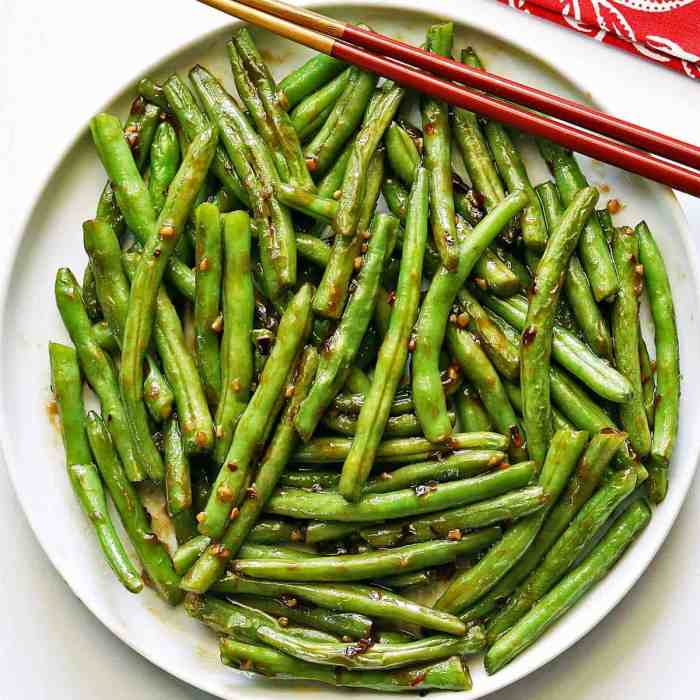
When cooking beans Chinese style, it’s important to start with fresh, high-quality beans. Look for beans that are firm and vibrant in color, as these will have the best flavor and texture. Additionally, be sure to wash and trim the beans before cooking to remove any dirt or debris.
What Do You Mean by Cooking Beans Chinese Style?
Cooking beans Chinese style typically involves stir-frying or braising the beans with a combination of aromatics, sauces, and seasonings. This method of cooking helps to retain the natural flavor and texture of the beans while infusing them with savory and umami-rich flavors.
What is Known About Cooking Beans Chinese Style?
In Chinese cuisine, beans are often cooked with ingredients such as garlic, ginger, soy sauce, and oyster sauce to create a savory and aromatic dish. The beans are usually cooked until tender-crisp, allowing them to retain a bit of crunch while still being cooked through.
Solution for Cooking Beans Chinese Style
To cook beans Chinese style, you will need a wok or a large skillet, along with the following ingredients: fresh beans, garlic, ginger, soy sauce, oyster sauce, vegetable oil, and optional ingredients such as chili paste or fermented black beans. The cooking process involves stir-frying the beans with the aromatics and sauces until they are cooked to your desired level of tenderness.
In traditional Batak style, decorating basement windows is an important task to enhance the overall look of the space. To learn more about how to decorate basement windows, visit how to decorate basement window for creative ideas and tips.
Detail Information on Cooking Beans Chinese Style
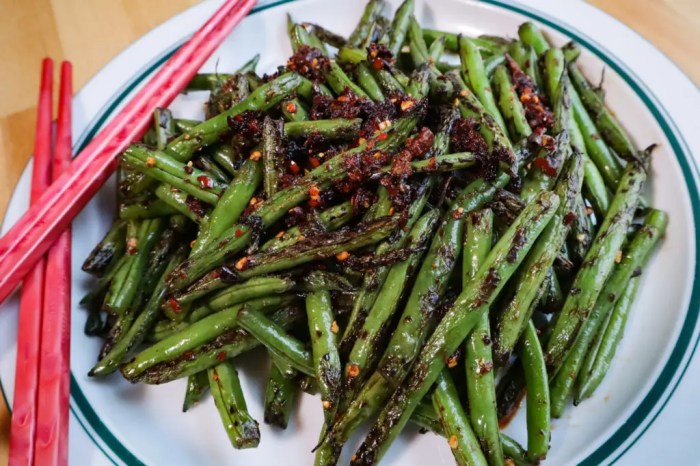
To begin cooking beans Chinese style, start by washing and trimming the beans. Cut them into bite-sized pieces or leave them whole, depending on your preference. Heat a wok or skillet over high heat and add vegetable oil. Once the oil is hot, add minced garlic and ginger, and stir-fry until fragrant.Next, add the beans to the wok and stir-fry them for a few minutes until they start to soften.
Add soy sauce, oyster sauce, and any other seasonings you like, such as chili paste or fermented black beans. Continue to stir-fry the beans until they are cooked to your liking, adding a splash of water if needed to create steam and help the beans cook through.Once the beans are cooked, taste and adjust the seasonings as needed. Serve the beans hot as a side dish or over steamed rice as a main course.
Enjoy the savory, umami-rich flavors of Chinese-style beans!
When it comes to decorating basement windows, it’s important to let in natural light while maintaining privacy. You can use curtains, blinds, or window films to achieve the perfect balance. For more tips and ideas on how to decorate basement windows, check out this helpful guide on how to decorate basement window.
Conclusion: How To Cook Beans Chinese Style
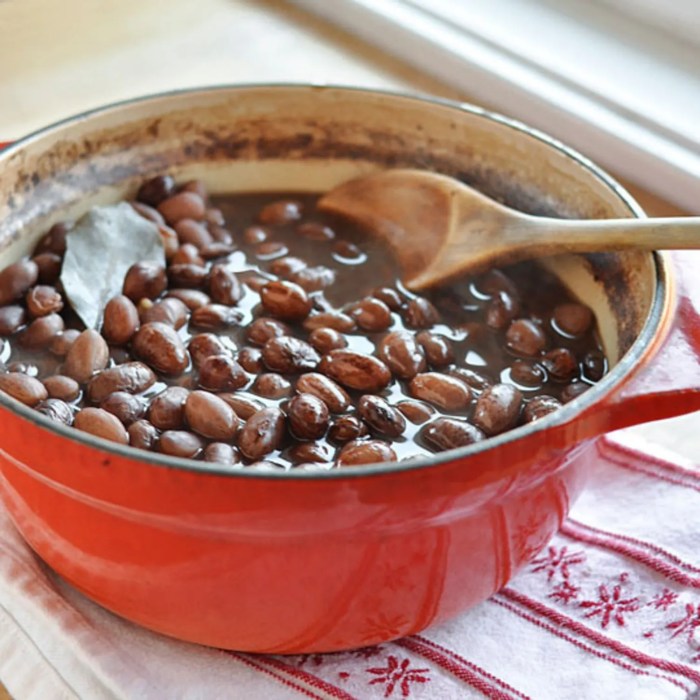
Cooking beans Chinese style is a delicious way to enjoy this versatile and nutritious ingredient. By stir-frying or braising the beans with a combination of aromatics and sauces, you can create a flavorful and satisfying dish that is sure to please your taste buds. Experiment with different seasonings and ingredients to create your own unique twist on this classic Chinese dish.
Frequently Asked Questions
- Can I use frozen beans for cooking Chinese-style beans?
- What other vegetables can I add to Chinese-style beans for extra flavor?
- How long does it take to cook beans Chinese style?
- Can I make Chinese-style beans in advance and reheat them later?
- Are there any variations of Chinese-style beans that I should try?

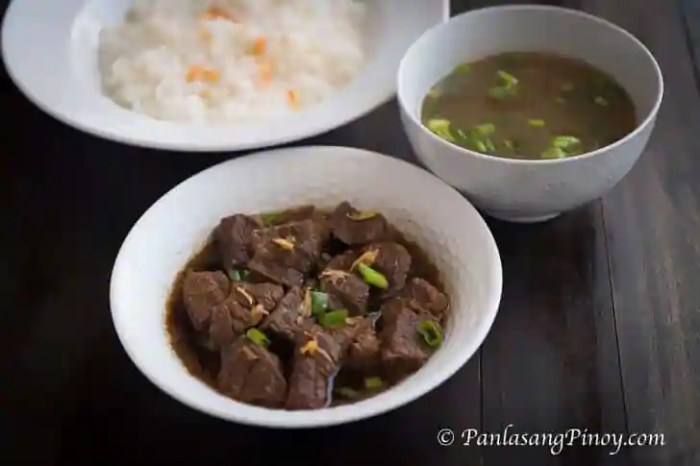
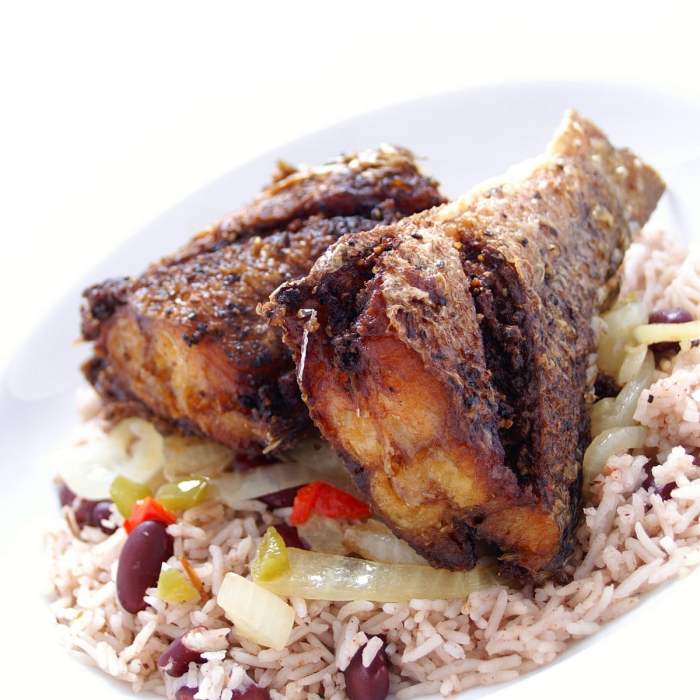

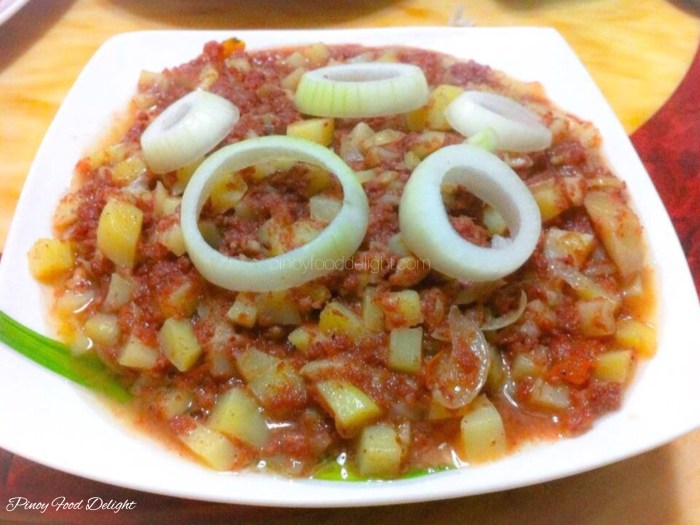
0